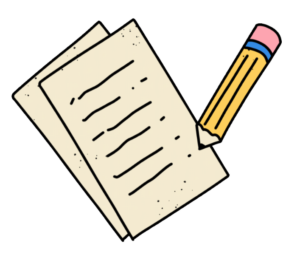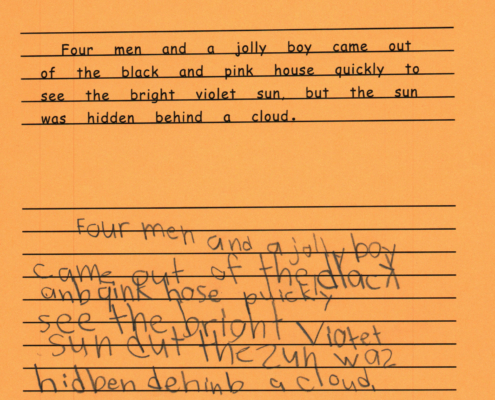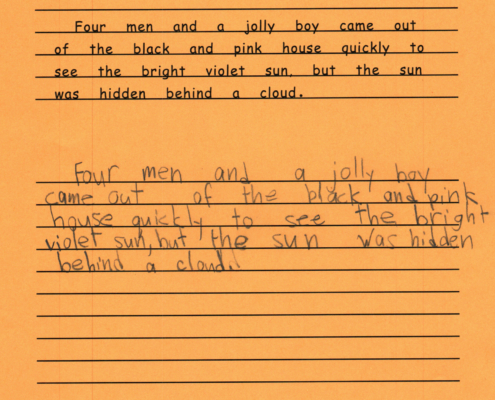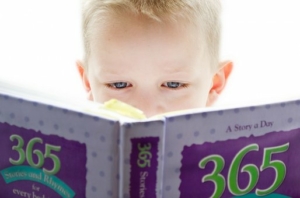
Part 3: Writing as Communication
Once learning has taken place, how do you show what you know? My students demonstrated their learning in the classroom through speaking, teaching another student, acting, drawing, using response cards and playing games. One method used daily in most subjects though was writing. The skill of writing is important on so many levels. It allows us to show what we know and communicate with the world. It’s been said that your brain remembers things better when you write it down. What if the physical and mental act of writing is less than fluid for the participant? We utilized writing for the common worksheet, writing notes, tests, learning cursive, and paragraph writing. Writing a math equation is not surprisingly very different from writing a 3 paragraph essay. In both cases though a student must use their brain to formulate an idea, remember how to form the letters/numbers correctly, how to set up and format the writing to be easily read and understood.
Common Writing Difficulties
- Frequently reversing some letters and numbers (ex. Writing b instead of d or 6 instead of 9, or similarly writing 51 instead of 15)
- Mixing capital and lowercase letters within a word or starting every word with a capital letter
- Disregarding spacing when writing a paragraph (ex. Writing all words on only 1 side of the page)
- Writing words in an appropriate size based on the size of the line on the worksheet, lined writing paper, or free writing
- Setting up the paper correctly with a heading or proper paragraph writing specifications, pencil grip, slanting the page, posture, forming the letters and numbers correctly
- Brainstorming ideas in their head and being able to write them as sentences
Writing and Vision Therapy
Sometimes I would ask students if they could find which letters or numbers they wrote backwards…some students would notice and fix the mistake, others didn’t seem to think anything was wrong. This could indicate that the visual system has trouble processing and remembering what each letter and number means/how it should look. Many students did not use the space on a paper well. Some would write as if there was no line at all, some wrote on the line, but made their letters so large they would fill up the entire line space. This potential spatial awareness problem as well as others can be addressed with vision therapy.

A patient’s writing BEFORE starting Vision Therapy.

That same patient’s writing AFTER finishing Vision Therapy



